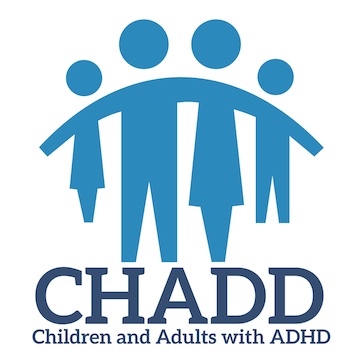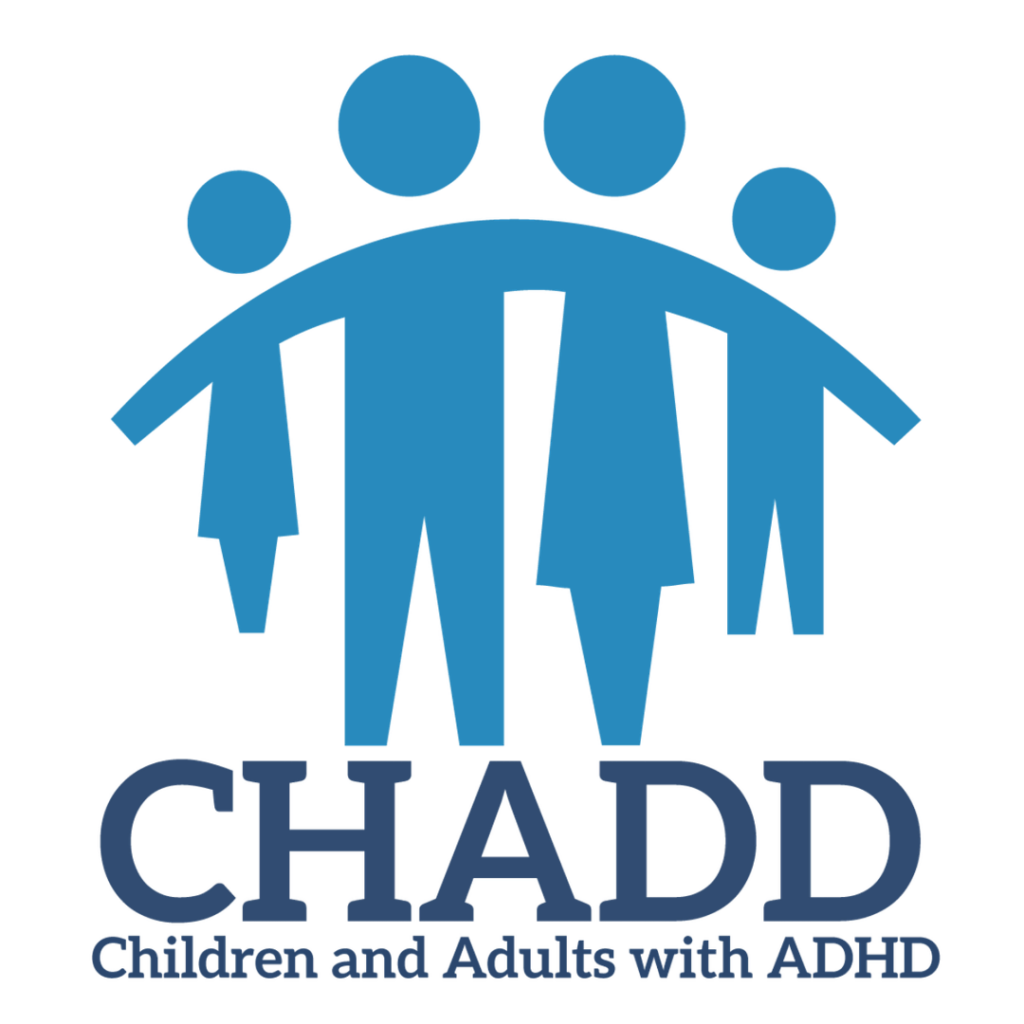CHADD
Suzanne Sophos Assumes CHADD Presidency
CHADD’s board of directors announces an exciting transition in board leadership. Recognizing the conclusion of Jeremy Didier’s presidency on December 31, 2025, the board welcomes Suzanne Sophos as CHADD president effective January 1, 2026. Didier will serve as immediate past president through the end of 2026. This transition reflects CHADD’s ongoing leadership succession plan and…
Read More2025 Holiday Greetings from CHADD
Warmest wishes for a joyful 2026. Wishing you a peaceful holiday season and a bright new year. Thank you for being part of the CHADD community and for helping us support children, adults, and families living with ADHD.
Read More2025 Holiday Greetings from CHADD
Wishing you a peaceful holiday season and a bright new year. Thank you for being part of the CHADD community and for helping us support children, adults, and families living with ADHD.
Read MoreCHADD Response Regarding the November 2025 Article in The Wall Street Journal
ADHD care requires nuance, not alarm. Suzanne Sophos, CMPSS, CHADD’s president-elect puts it this way, “Families need accurate information and better systems—not headlines that take data from the most vulnerable children and apply it to everyone.” The Wall Street Journal’s recent article suggests “millions of kids” enter a dangerous medication cascade after starting ADHD treatment.…
Read MoreStatement from CHADD Regarding The New York Times Magazine Article, “Have We Been Thinking About A.D.H.D. All Wrong?”
As the nation’s leading organization dedicated to children and adults with ADHD, CHADD comments on media coverage that contains misleading or inaccurate information. This response pertains to The New York Times Magazine article by Paul Tough, “Have We Been Thinking About A.D.H.D. All Wrong?” published on April 13, 2025, and the subsequent podcast released on…
Read MoreStatement from CHADD Regarding ADHD-Related Claims Published in the Make America Healthy Again Report
Download PDF As the nation’s leading organization dedicated to children and adults with attention deficit hyperactivity disorder (ADHD), CHADD believes it is essential to respond when misleading or inaccurate information is released that may have an impact on public understanding and access to evidence-based ADHD care. The recently released Make America Healthy Again (MAHA) report—issued by…
Read MorePono (Well-Being), Hoʻomau (Perseverance), and Lokahi (Unity): Welcome, CHADD Hawai‘i!
Kani‘o Yen shares the story of starting CHADD Hawai’‘i and her vision for the chapter’s future in this interview. What motivated you to start a CHADD chapter in your state? As a Native Hawaiʻian woman who grew up on the west side of Oʻahu in Mākaha Valley and attended elementary school in the surrounding underserved…
Read MoreCHADD Welcomes New Board Members
CHADD is pleased to announce the appointment of four new members to its board of directors for the 2026 fiscal year. These appointments reflect CHADD’s commitment to strategic growth and excellence as the leading nonprofit supporting the more than 22 million people who have ADHD in the United States. The professional and personal attributes of…
Read MoreUnmasking Diversity with Pride: CHADD’s Commitment to Inclusivity
As Pride Month unfolds, CHADD is all about celebrating the power of unmasking and embracing who you are. This month, we’re honoring the rich history, achievements, and resilience of the LGBTQIA+ community, and shining a light on the diverse identities within our neurodivergent community. Join us in celebrating the beauty of being your authentic self…
Read MoreHonoring L. Eugene Arnold, MD, MEd
CHADD’s Resident Expert and Pioneering ADHD Researcher Dies With profound gratitude for a life well-lived in service to others, and with deep sadness, CHADD remembers L. Eugene Arnold, MD, MEd, and all that he contributed to CHADD and the ADHD community. Dr. Arnold served as CHADD’s resident expert and frequently contributed to CHADD’s work. In…
Read MoreCHADD’s National Resource Center Awarded CDC Funding
CHADD’s National Resource Center on ADHD has just been awarded a five-year funding agreement from the US Centers for Disease Control and Prevention! The CDC’s selection of CHADD for this funding via competitive process shows our continued strength and reach within the ADHD community. This award will allow us to continue to provide support through…
Read MoreUnmasking Diversity with Pride: CHADD’s Commitment to Inclusivity
As Pride Month unfolds, CHADD is all about celebrating the power of unmasking and embracing who you are. This month, we’re honoring the rich history, achievements, and resilience of the LGBTQIA+ community, and shining a light on the diverse identities within our neurodivergent community. Join us in celebrating the beauty of being your authentic self…
Read More






